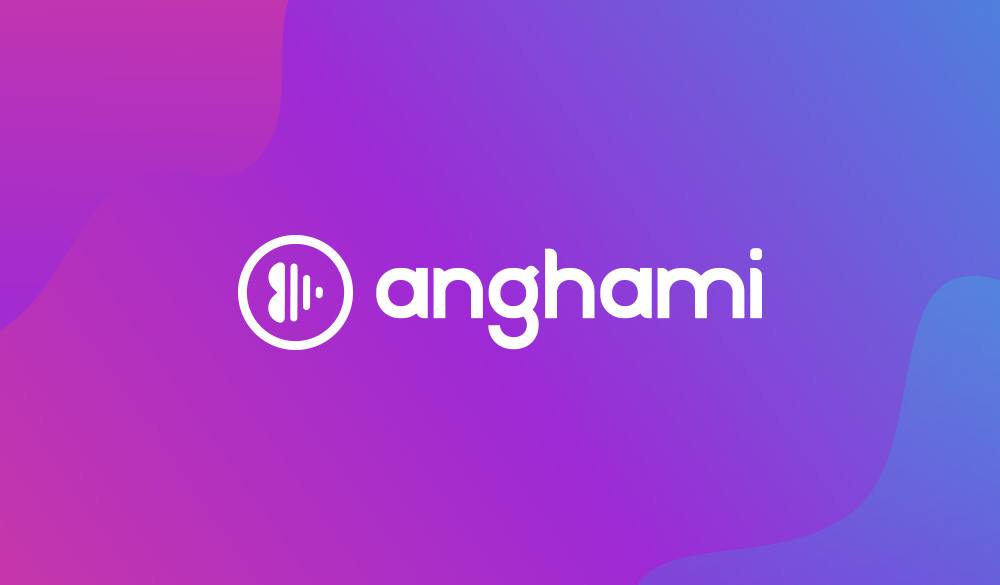Anghami are bringing podcasts to the Middle East and North Africa
Music streaming is becoming bigger in the MENA region and native streamers Anghami are betting on podcasts being the next big thing.
Anghami is a music streaming service from Lebanon that wanted to bring the power of unlimited, on-demand music to the Middle East and North Africa. As one of very few streamers local to the region, Anghami has built an impressive audience with a reach of nearly 70 million registered users.
They have built a community of over 2 million artists gaining 1 billion streams each month from their listeners. Now they’ve taken note from services like Spotify and Deezer to offer podcasts alongside music to build upon their package.
They have already introduced over 250 shows to their new Podcasts section from over 40 regional podcast creators and podcasts around the world like Joe Rogan and Snoop Dogg. To expand their services they have made content partnerships with some of the region’s biggest publishers, including: ITP’s Time Out, Arabian Business, Harpars Bazzar, Eurosports Arabia, Jamalouki, Gulf News, Fatafeat, Sports360, and Communicate ME.
Anghami’s vice president of partnerships, Rami Zeidan said on podcasts: “The local Podcasting community is a creative one, they present relevant content to the MENA consumer in Arabic and English languages. Some podcasts have been running for years such as Mstdfr, Kerning Cultures, Amaeya FM, Lovin Dubai, with many gaining momentum like Finyal media, Basel Meets, Rana Nawas and many many more.”
Zeidan says that with the addition of podcasts they are going to begin creating their own music podcasts to build the platform. He says that he is confident podcasting will be big in the Middle East and North Africa.
“At Anghami we are focused at presenting our users with a variety of entertaining content. A highly enriching audio experience with music at its core. With a user centric approach, we will present a variety of audio formats to keep tailoring to personal tastes and interests, focusing on MENA users, and MENA creators.”
